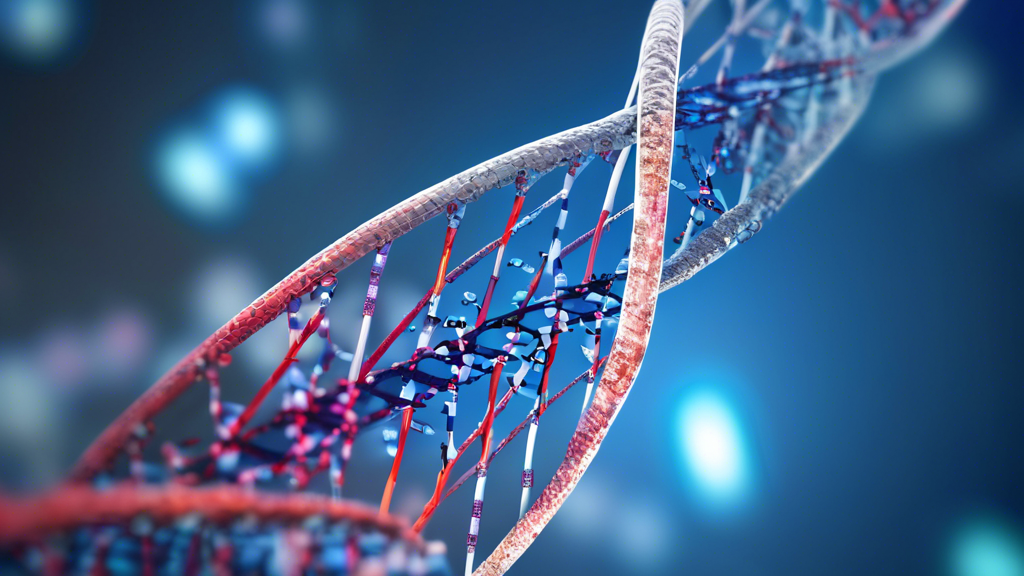Potential Pitfalls of AI in Genomic Studies
Artificial intelligence (AI) has been increasingly used across various scientific disciplines, including genomic studies. However, researchers from the University of Wisconsin-Madison have recently highlighted the significant challenges that come with relying heavily on AI in this field. Particularly, they express concern over the use of machine learning algorithms in genome-wide association studies, pointing out that these tools can introduce substantial biases.
Introducing Biases and False Positives
The primary concern is the introduction of biases that skew the results of genetic studies. Machine learning algorithms can inadvertently establish connections between genes and physical traits that don’t exist in reality. This issue is exacerbated by false positives, where AI wrongfully associates genetic variations with disease risks. For instance, AI might incorrectly assess an individual’s risk for Type 2 diabetes by linking unrelated genetic variations.
Such inaccuracies can lead to flawed conclusions, underlining the need for more careful analysis. Researchers emphasize that the link between genetics and disease is intricate and may not always be captured accurately by AI predictions. Over-reliance on these predictions can result in misinterpreting genetic data, leading scientists astray in their assessments.
Improving AI Reliability in Genomics
In response to these challenges, the researchers have suggested a novel statistical method designed to reduce bias in AI-assisted genome-wide association studies. This approach aims to enhance the validity of AI predictions by ensuring statistical rigor. The inclusion of robust statistical standards is critical in large-scale biobank research to prevent misleading genetic correlations and false positives.
Beyond algorithmic biases, the study also cautions against the use of proxy information to fill data gaps. Such practices can produce extremely misleading genetic correlations. For example, this kind of issue has arisen in Alzheimer’s disease studies, where inaccurate connections were drawn due to reliance on proxy data.
Implications and Future Directions
These flawed predictions hold significant real-world implications. They can result in misidentifying genetic risk factors, which could mislead medical advice and treatment plans. Incorrectly assessing genetic risks remains a major concern, stressing the need for a combination of different analytical approaches.
The researchers advocate for integrating these new statistical methods with conventional approaches to improve accuracy. By doing so, AI in genomic studies can better achieve reliable genetic associations and disease risk predictions. Ensuring precision in such studies is paramount, given the potential impacts on clinical decision-making and personalized medicine strategies.
